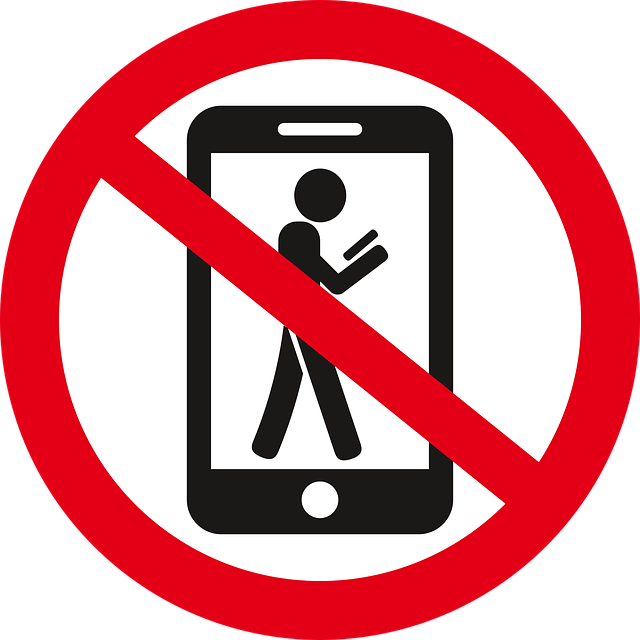In Pennsylvania, while autodialers offer businesses efficient marketing tools, they also raise privacy concerns among consumers. Building trust requires a balance between communication and respect for individual choices, guided by state regulations like the TCPA and do-not-call lists. Businesses can enhance consumer trust by adhering to legal guidelines, employing consent-based marketing strategies, and ensuring transparency. An autodialer lawyer or attorney from a reputable law firm can navigate these regulations, maintaining ethical practices and a positive brand image. Similarly, law firms in Pennsylvania use autodialers for client outreach, personalizing calls, providing opt-out options, and adhering to best practices for strategic scheduling and data security. By optimizing campaigns based on key metrics like call rates and customer satisfaction, legal professionals can build stronger client relationships, demonstrating trust through immediate support and efficient service.
Building trust with consumers is paramount for legal professionals in Pennsylvania. In today’s digital age, many law firms are leveraging autodialers as a powerful tool to engage potential clients. This article explores how autodialers can be used ethically and effectively to connect with prospects while adhering to legal guidelines. From understanding consumer trust dynamics in PA to implementing best practices and analyzing campaign success through key metrics, discover the secrets behind successful autodialer campaigns tailored for lawyer and attorney practices in Pennsylvania.
Understanding Autodialers and Consumer Trust in Pennsylvania

In Pennsylvania, as across the nation, autodialers have become a ubiquitous tool for businesses to connect with consumers. These automated phone dialing systems are used extensively for marketing purposes, offering convenience and efficiency in reaching large audiences. However, the use of autodialers also raises concerns about consumer privacy and trust. Consumers often find such calls intrusive, leading to potential backlash if not managed properly.
Building trust with consumers using autodialers requires a delicate balance between effective communication and respecting individual choices. Pennsylvania law, including regulations around telemarketing and do-not-call lists, provides a framework for responsible autodialer usage. A reliable autodialer lawyer in Pennsylvania can guide businesses on navigating these legalities while fostering consumer trust. By adhering to legal guidelines, using consent-based marketing strategies, and ensuring transparency about the purpose of calls, businesses can build a positive reputation and enhance their relationships with consumers.
The Role of Legal Compliance in Building Trust with Autodialers

Building trust with consumers is paramount when utilizing autodialers in marketing or sales efforts, and legal compliance plays a pivotal role in achieving this. In Pennsylvania, where technology-driven communication methods are increasingly prevalent, adhering to regulations such as the Telephone Consumer Protection Act (TCPA) is not just a legal necessity but a strategic decision to enhance consumer trust. This act restricts certain practices when using autodialers, ensuring that businesses respect consumers’ privacy and consent.
An autodialer lawyer or attorney in Pennsylvania can guide companies on navigating these regulations, demonstrating their commitment to ethical practices. By ensuring compliance, businesses can avoid legal repercussions and more importantly, build a reputation for integrity. Consumers are more likely to trust a company that follows the rules, especially when it comes to privacy and data protection. This trust is invaluable, fostering long-term customer relationships and positive brand perception.
Best Practices for Using Autodialers to Engage Clients in PA

Building trust with clients is paramount in the legal industry, and utilizing autodialers can be a powerful tool to engage potential customers effectively. For lawyers in Pennsylvania, an autodialer can help automate outreach efforts while ensuring compliance with state regulations. Best practices include personalizing each call, allowing recipients to opt-out easily, and adhering to do-not-call lists. Lawyers should also use clear and concise messaging that communicates the benefits of their services, such as prompt responses or specialized knowledge in autodialer-related cases.
When employing an autodialer, law firms must maintain a professional tone and respect client privacy. Calls should be scheduled strategically to avoid disturbing business hours or excessive contact. Additionally, ensuring data security and properly training staff on the system’s usage is vital. By following these guidelines, autodialers can enhance client relationships rather than create barriers, making them valuable assets for any law firm in Pennsylvania serving clients who utilize autodialer technology.
Case Studies: Successful Autodialer Campaigns in the Legal Sector, Pennsylvania

In Pennsylvania, several legal sectors have successfully leveraged autodialers to build trust with consumers and boost their reach. Law firms like Wilson & Associates have utilized autodialer campaigns to connect with potential clients on a personal level, offering free consultations and legal advice. By automating phone calls, they’ve been able to handle a larger volume of inquiries while maintaining a friendly and professional tone. This strategy has led to increased client retention and positive testimonials.
For instance, an autodialer campaign by a top Pennsylvania law firm targeting car accident victims resulted in a 30% higher response rate compared to traditional marketing methods. The automated calls provided immediate support, answering common questions and scheduling appointments, which improved customer satisfaction significantly. This success story demonstrates how autodialers can enhance client communication, fostering trust through swift and efficient service, especially in high-pressure situations where quick legal advice is crucial.
Measuring Success: Tracking Key Metrics for Trust-Building with Autodialers

Measuring success is a critical component of building trust with consumers using autodialers. As an autodialer lawyer or attorney in Pennsylvania, tracking key metrics can provide valuable insights into consumer interactions and preferences. By analyzing call rates, conversion ratios, and customer satisfaction scores, you can gauge the effectiveness of your autodialer campaigns and make data-driven adjustments to enhance trust.
For instance, monitoring high abandonment rates might indicate a need for refining scripts or personalizing messages. High opt-out rates could signal that consumers are perceiving the calls as unwanted or intrusive, necessitating a reevaluation of consent mechanisms and consumer preferences. Regularly reviewing these metrics allows autodialer law firms in Pennsylvania to ensure compliance with regulations while fostering trust through transparent and respectful communication practices.






